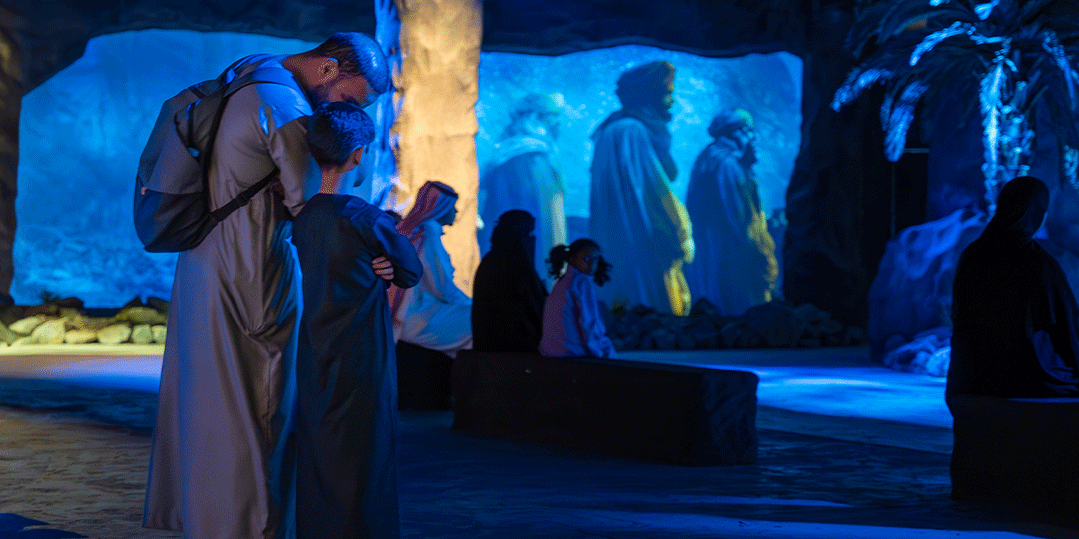PIF launches company to offer heritage-inspired storytelling experiences
Saudi Arabia's Public Investment Fund (PIF) has launched a new company to develop immersive story-telling experiences, inspired by Saudi heritage and Islamic history, it announced on Wednesday.
The National Interactive Entertainment Company (QSAS) will develop and operate interactive exhibitions – including permanent and touring ones - across Saudi Arabia to provide multi-sensory immersive experiences, the company said.
The company will highlight historical milestones as well as local and global luminaries, and will kickstart operations with exhibitions in the kingdom that showcase stories inspired by Islamic history and Saudi heritage. It aims to later expand to global markets and diversify sources of storytelling content.
The company will contribute to the localization of knowledge and technology for the private sector content creation industry, which will contribute to supporting Saudi Arabia’s position in this fast-growing sector regionally and globally.
The company, which is expected to create more than 11,000 jobs by 2030, falls in line with PIF’s strategy to enable the private sector locally through partnerships in building, construction, event management and technology sectors.
The tourism and entertainment sector is a strategic local priority for PIF, Mishary Alibraheem, head of entertainment, leisure, sports and education, MENA direct investments at PIF, said.
“QSAS will contribute to strengthening Saudi Arabia’s position as an attractive tourist destination with storytelling inspired by history, culture and heritage, and will invest in local talent to build new economic activity focused on providing interactive experiences," Alibraheem said.
QSAS joins a list of PIF investments across the entertainment and leisure sector, including the Diriyah giga-project, and Dan Company, which focuses on agri-and eco-tourism.
The initiative also falls in line with the objectives of the Pilgrim Experience Program: a Vision 2030 initiative which aims to construct capacity for 30 million pilgrims by the end of the decade.

